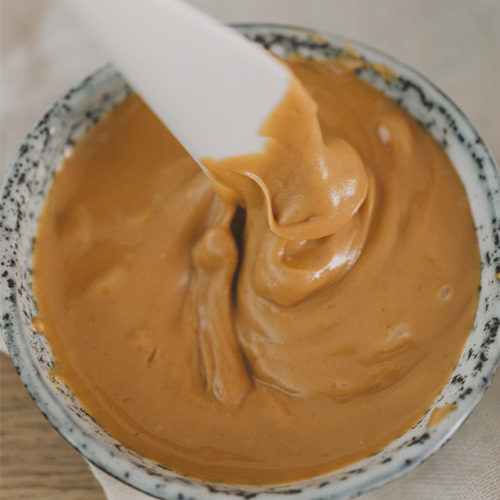All you need to know about peanuts allergy

About 9 in 10 children with food allergies are either allergic to milk, eggs, peanuts, soy or wheat.
Although most symptoms are mild, some toddlers encounter life-threatening reactions, called anaphylaxis. Peanut allergies usually emerge since childhood and last a lifetime, but about 1 in 5 children become free from the condition by around 10 years old.
Peanut allergy causes
The exact cause is yet to be known, but experts say parents with a history of any particular allergy can increase the risk of peanut allergy in children. The condition often comes together with eczema or egg allergy.
How peanut allergies develop
The mechanism how peanut allergies develop is called sensitization. If an allergic infant comes into contact with peanuts for the first time, the immune system sensitizes itself to create permanent antibodies. These antibodies hence cause allergic reactions the next time a child is exposed to peanuts, including inhaling air dust that has small peanut parts in it.
Peanut allergy symptoms
Typical allergic reactions include itchy and raised rashes, swelling of lips, eyes and face, runny nose, and watery eyes. These are mild symptoms, as compared to anaphylaxis, which is the most severe, and consists of the following characteristics:
- Swelling of the throat, including impaired breathing and swallowing, or constant coughing
- Sudden drop in blood pressure, with skin or lips turning blue
- Your child seems floppy, or becomes unconscious
- Feeling nauseated, having diarrhea and vomiting
It is recommended that children receive care as soon as possible if anaphylaxis symptoms emerge, which require injecting epinephrine as an immediate treatment.
What if my child is diagnosed
If Your Child is diagnosed with peanut allergies, do not worry too much, as allergists and pediatricians are happy to guide you through management and preventive techniques according to your child’s situation. Through being careful what your children eat, such as checking on food labels, and keeping track of details of your child’s allergic reactions, the condition can be managed efficiently.
Are there ways to prevent peanut allergy development?
There is currently no method to prevent or cure peanut allergy. Various medical institutions support that giving small doses of peanut butter to babies between six month and 1 year old, as early exposure seem to help prevent allergies. If you give your young child peanuts, please ensure the following:
- To avoid choking, never give whole peanuts. Peanut butter, or crushed peanuts are okay.
- Observe the child’s reaction after trying new food in order to act fast if you observe abnormal reactions.
- For children in high risk groups, those with severe eczema, or egg allergy, parents should consult and plan with their pediatrician to get tested for peanut allergy.
Verified:
Dr. Piyawut Kreetapirom, MD. license no. 41578 (31 March 2021)



